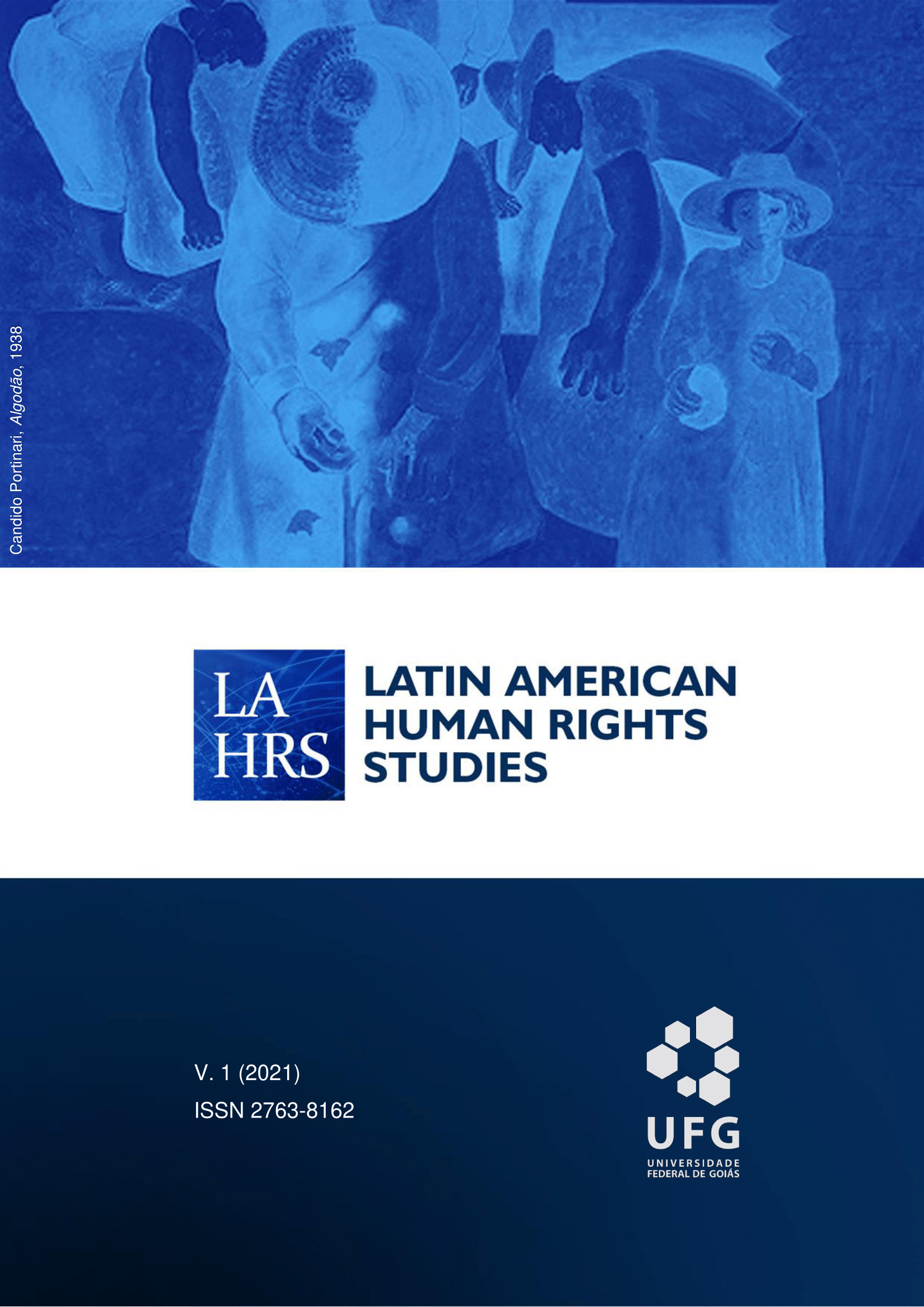How to Oppose Authoritarian Democracy in Brazil: Human Rights as the People’s Constructions, Constitutionally Embedded, and Internal to the Community’s Self-Understanding
Keywords:
Brazil, Authoritarianism, Democracy, Human rights, Constitutionalism, Civic education, Social media, Individual rights, Cognitive style, Citizen participationAbstract
Authoritarianism is a pathology of Brazilian democracy. Brazilians opposed to Bolsonarist authoritarianism could deploy human rights as mundane achievements of political action by ordinary people. They could oppose authoritarian democracy in Brazil by promoting liberal democratic constitutionalism committed to human rights, particularly by encouraging education toward rendering citizens better informed and more analytic, sensitive to the power of old identities and the power of new social media; by rendering human rights internal to a community’s self-understanding as a means to challenge authoritarian democracy; and by championing individual agency and rejecting centralized authority wherever it tramples individual rights. These various methods share a core feature: human rights thinking as a “cognitive style.” This feature can be pursued in the context of civic education that encourages citizen participation. Three models deploy this approach in different settings: one for professional activists, one for non-professional community activists, and one for educational use.
Downloads
Published
Issue
Section
License
CC BY (Attribution 4.0 International): This license allows reusers to distribute, adapt, and build upon the material in any medium or format, so long as attribution is given to the creator. The license allows for commercial use. See the full license.


